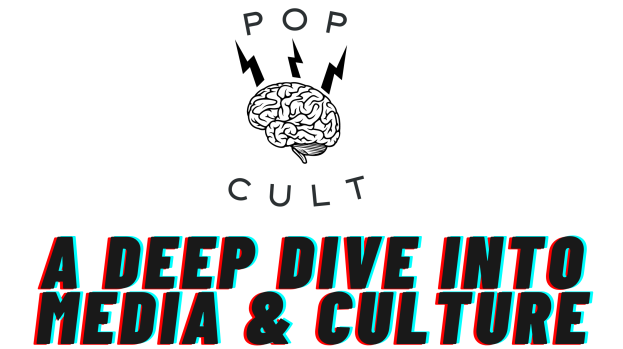Take our poll! Vote on which Alexander Payne movie is the best.
About Schmidt (2002)
Written by Alexander Payne & Jim Taylor
Directed by Alexander Payne
While About Schmidt is credited as being based on a novel that’s not exactly the truth. Payne and his co-writer Jim Taylor had completed this script years before Louis Begley published his book. As early as 1991, Payne offered the script to Universal, who rejected it. The novel came out in 1996, Payne saw similarities between it and his writing, got the rights, combined the two, and we ended up with About Schmidt. This will be the ending of Payne’s first act, a trilogy of movies centered on Midwesterners, finding drama in their often ignored lives while developing his craft as a filmmaker. The stylistic flourishes of Election are muted here, though the film retains the same dry sense of humor. Payne has remarked that his concept behind the film was always “The Graduate at age sixty-five,” a meditation on the pointlessness of devoting so much of our lives to capitalism.
Warren Schmidt (Jack Nicholson) has reached the end of his career as an actuary with Woodmen of the World life insurance. He’s given a nice retirement dinner and recedes to his lovely middle-class home in Omaha. Unfortunately, restlessness sets in, and Schmidt finds himself drawn in by a commercial for a child sponsorship program based out of Africa. After signing up, the old man receives an information packet on Ndugu, an African boy who shares some details of his life. Schmidt responds with a series of rambling letters talking about the drama of his life.
Helen (June Squibb) feels like a stranger now, but she is the one who has spurred Schmidt to purchase a massive Winnebago with dreams of traveling the country. Unfortunately, this never happens as she passes from a stroke. Schmidt is reunited with his daughter Jeannie (Hope Davis), who is about to marry Randall (Dermot Mulroney). Schmidt can barely hide contempt for this man, judging him for his unconventional upbringing and demeanor. Despite being welcomed with open arms by his daughter’s future in-laws, the old man can’t open himself up to receive it. Instead, he becomes increasingly frustrated with how this late period of his life is turning out.
I was reminded of the work of Yasujirō Ozu. While Payne’s script is infused with wry Midwestern humor, philosophically, it touches on the same themes as Ozu’s work. The Japanese director is well-known for his slice-of-life stories, focusing on regular people dealing with the passage of time, aging, and watching loved ones grow and continue with their lives often by moving away. Schmidt is an American plopped into such a scenario; he is stubborn and seems to have difficulty seeing other people’s points of view. His letters to Ndugu show little curiosity about that little boy and his life and far more interest in explaining his personal problems in a manner that will likely just confuse the kid. He is a man incapable of seeing the world outside of himself.
Schmidt is completely confused by the emotions & needs of other people, even his family. His life has been lived following a set path, made even more rigid by the type of thinking that best suits actuarial work. His wife waited on him hand and foot when he was at home so many of the everyday tasks people engage in are alien to him. What Schmidt comes to realize is that the life he’s built for these decades amounts to nothing. So much of that is because he took the most essential parts for granted, and now society gives him nothing to look forward to other than his death.
Most of the film is about Schmidt slowly making the realization that he’s alone in the world. He encounters strangers, which never seems to go well, but then the people he knows don’t seem to understand what’s happening to him either. The film ends on the note that most movies would use as the jumping-off point for the rest of the picture. The letter from Ndugu cracks something; it causes Schmidt to feel a genuine human connection with another person. He experiences the feeling of having given himself without any agenda to take and it overwhelms the man. It’s the first time we see him give into his emotions; tears flow like a waterfall. And then the movie ends.
As the audience, we are not privy to if this leads to significant changes in Schmidt’s life. Maybe after this transient expression of emotions, the tears dry up, and he returns to his miserable way of living. There’s no way for us to know that. What we are supposed to do is reflect on our own lives & relationships. Are we giving our love without conditions? There’s nothing wrong with setting boundaries but holding people ransom with our love is wrong. Emotions are catharsis, but they are not the end of your personal development. Once you recognize you are capable of this sort of love it becomes something you have to cultivate like a plant. Our culture is structured to pull us back into the warm embrace of narcissism and selfishness. Maybe Schmidt reconnects with Jeannie in a more honest, open way. Perhaps he doesn’t. In the context of the film, what matters is that, for the first time, he genuinely felt unconditional love for another person. What happens next is up to us.


One thought on “Movie Review – About Schmidt”